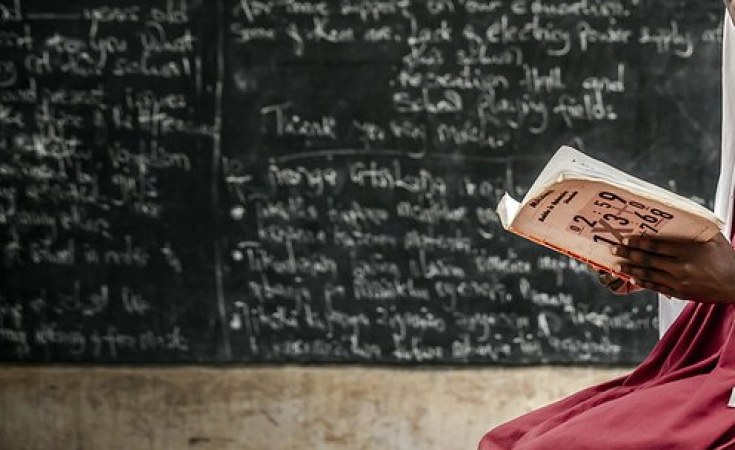The Forum for African Women Educationalists in Malawi(FAWEMA) has expressed the need to promote gender equality and inclusion in the education sector to ensure developmental growth in the country.
Lilongwe District, Project Officer for FAWEMA on Gender Responsive Pedagogy Loyice Tembo was speaking during the end of 5-day teachers training workshop on Monday in Malingunde Zone.
Tembo explained that they designed the training to equip teachers with gender knowledge and skills, then should be able to apply gender responsiveness aspects in their respective schools.
Gender responsive pedagogy refers to teaching and learning processes that pay attention to the specific learning needs of female and male students.
"It is often poor pedagogical practices that reproduce gender inequalities in the classrooms, then this project looks into barriers that infringe girls' education in the district," said Tembo
She then expressed concern with high numbers of drop-outs that Malingunde Zone experiences and most of them are girls due to cultural barriers and bad practices.
" If we look at data for these schools, have equal number of learners in lower classes like standard 1-5, but going up number of girls' drop-outs is high accompanied by early pregnancies and marriages," however Loyice Tembo didn't provide figures.
FAWEMA Project Officer is optimistic that teachers will play a very big role to promote and encourage education for all through language management, and easily identify the needs for both boys and girls in their schools to reduce the drop-outs.
Meanwhile, James Zimba facilitator and Teachers' Trainer at Karonga Teachers' College alluded to fact that the training opens up to issues that impede life of a learner in a classroom, hence the need to focus on gaps that exist in schools on gender.
"Mostly, it is common that a good number of teachers favour boys than girls. So, this training is there to address this gap as there must be equality for both boys and girls because all of them are key players in the development," explained Zimba.
In her response, Gloria Banda, one of the training participants, who teaches at Phirilanjuzi Community Day Secondary School expressed gratitude saying the training has equipped them with more skills and knowledge on gender responsive pedagogy and they shall incorporate it to both boys and girls during lessons.
Lastly, 68 teachers from 17 schools have been trained with inclusiveness of two male and two female teachers from each school.


